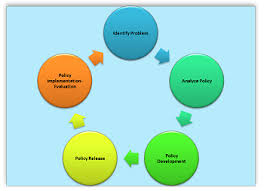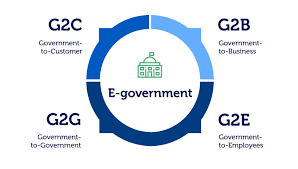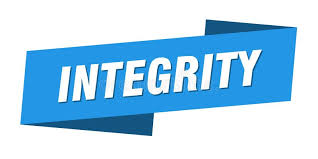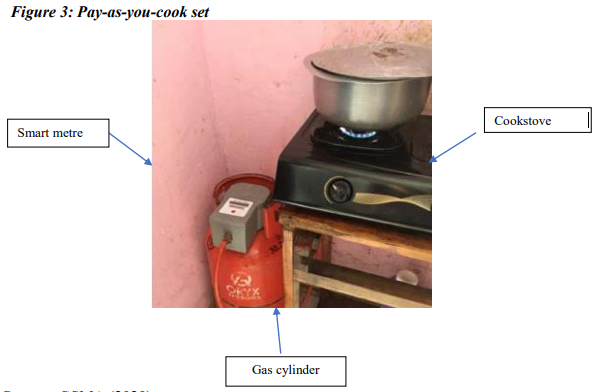Narratives of Students' Digital Literacy Skills
Level of Skills, Actual use of ICTs and Pedagogical Support
Downloads
Various efforts have primarily focused on policy and infrastructure, with little emphasis on
instructional approaches to enhance digital literacy preparedness. Thus, the study examined
the narratives surrounding students' Digital Literacy Skills and the associated pedagogical
approaches aimed at supporting their development. The investigation was limited to Mzumbe
University to justify the current initiatives promoting graduates’ 4.0 IR skills. A convergent
mixed-method design was employed, utilising interviews, focus group discussions,
documentary review and questionnaires for data collection. The study used thematic analysis
and descriptive analysis methods to interpret the collected data. Framed by the conceptual
framework of 4IR skills (operational and informational skills), the findings reveal that most
students rated their ICT operational skills as above average. In contrast, instructors perceived
deficiencies in these same skills. The study also reports inconsistent use of ICTs among both
students and instructors, which may compromise students’ acquisition of digital literacy skills.
Furthermore, this article identifies limited pedagogical practices dedicated to enhancing
students’ Digital Literacy Skills for learning at the University and a lack of a clear institutional
framework supporting skill development in this domain. Based on these findings, practical and
policy implications suggest challenging existing frameworks, such as the 2014 Education and
Training Policy (2023 version), the National Digital Education Strategy (2024-2030), the 2016
National ICT Strategy, and the SDGs (4 and 10).












